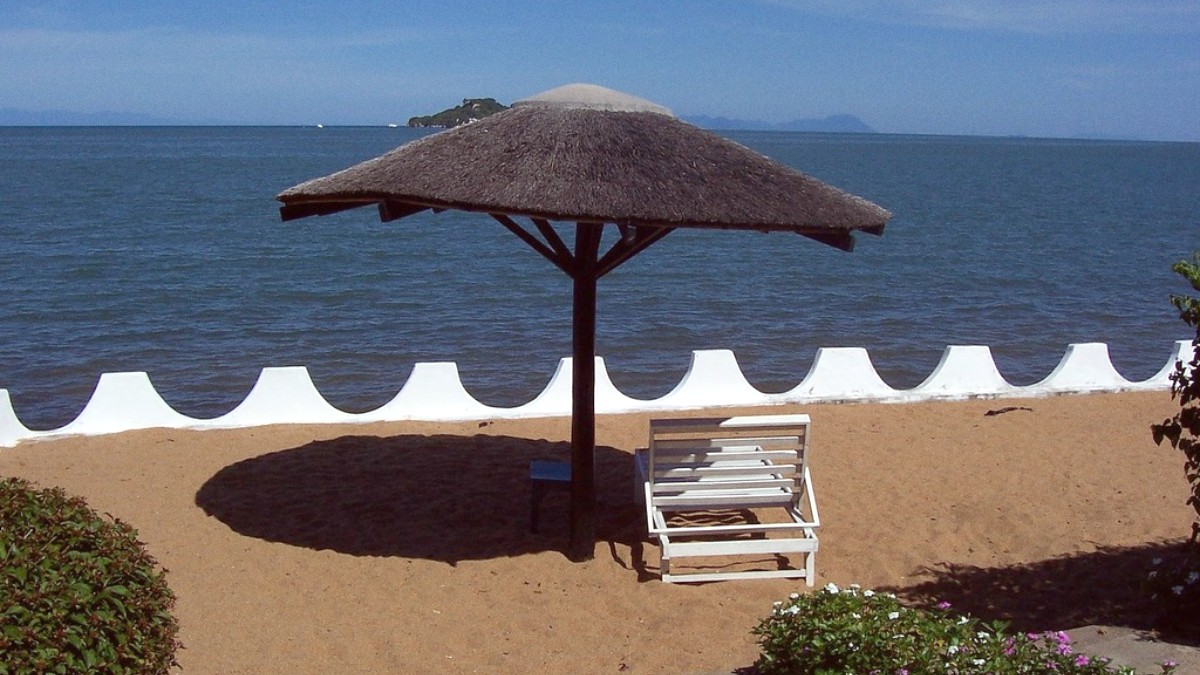
Malawi
Minibuses (Matolas) are the most common and widespread form of local transport. These 15-seater vans operate on fixed routes. They depart once they are completely full. You can hail them from the roadside almost anywhere. They are very affordable and reach most places.
For longer distances between major towns, intercity coaches (AXA, Kwezy, Sososo) provide a more comfortable and reliable option. Shared taxis also operate for longer intercity routes, offering a faster option.
The most common and affordable way to travel locally, very frequent on popular routes.
More comfortable and reliable for longer journeys between major towns.
Iconic lake travel, connecting numerous ports and islands along the lake.
Available in major towns, typically unmarked or with a small "Taxi" sign.
Meters are not used; negotiate fare before starting. Payment is cash only.
Limited availability; not common around Lake Malawi or smaller towns.
Use reputable operators, arrange via hotel. Avoid unmarked vehicles at night.
Renting a car and self-driving offers flexibility for exploration. Obtain an International Driving Permit (IDP) in addition to your national license. International chains operate from Lilongwe and Blantyre.
Small local boats and traditional dugout canoes are common for short transfers to islands or lakeside points. Always negotiate fares before embarking. Safety standards vary.
No hop-on-hop-off services. Tour operators use their own vehicles for organized tours and transfers. These cater to specific tour itineraries.
Malawi's infrastructure is generally not wheelchair-friendly. Public transport and many accommodations lack accessibility features. Pre-arrangement with specialized tour operators is recommended.
Malawi presents a range of options, from affordable local minibuses to private car rentals and scenic ferry rides.